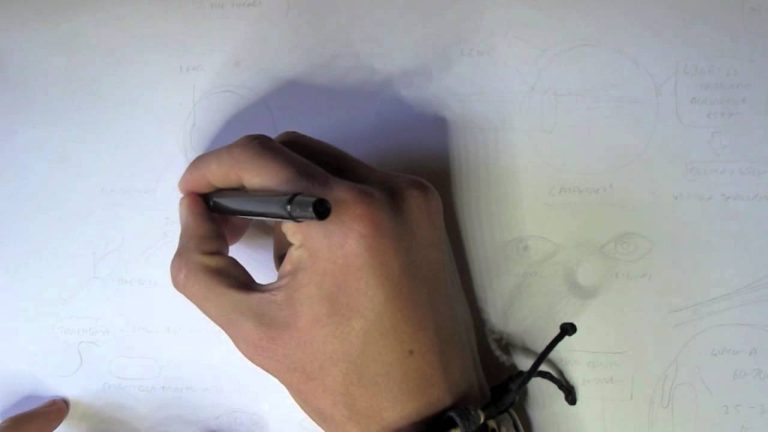Improving Eye Coordination: Tips and Exercises for Better Vision and Performance
Do you ever feel like your eyes are not working as a team? Maybe you experience double vision when trying to focus on an object or have trouble judging distances accurately. These are all signs of poor eye coordination, also known as binocular vision disorders.
Just like our muscles need to work together to perform physical tasks, our eyes need to coordinate with each other to provide clear and single vision. When they don’t, it can impact our daily lives and even affect our safety. Fortunately, there are ways to improve eye coordination and prevent vision problems.
Symptoms of poor eye coordination
Some common symptoms of poor eye coordination include:
- Double vision or blurred vision when looking at objects
- Squinting or closing one eye in order to see clearly
- Difficulty reading or focusing on near objects
- Headaches or eye strain
- Problems with depth perception and hand-eye coordination
If you experience any of these symptoms, it’s important to schedule an eye exam with an optometrist or ophthalmologist. They can diagnose any underlying issues and recommend the best course of treatment.
Causes of poor eye coordination
Poor eye coordination can be caused by several factors, including:
- Strabismus (crossed eyes)
- Amblyopia (lazy eye)
- Convergence insufficiency (difficulty focusing on near objects)
- Divergence insufficiency (difficulty focusing on distant objects)
- Brain injury or neurological conditions
It’s important to note that poor eye coordination can develop at any age, not just in childhood. That’s why it’s important to schedule regular eye exams and address any vision problems as soon as possible.
Treatments for poor eye coordination
The treatment for poor eye coordination depends on the underlying cause. Some common treatments include:
- Prescription eyeglasses or contact lenses to correct refractive errors
- Vision therapy exercises to improve eye muscle strength and coordination
- Prism lenses to help align the eyes and reduce double vision
- Surgery for more severe cases, such as strabismus
It’s important to work with your eye care professional to determine the best course of treatment for your individual needs.
Takeaway
Eye coordination is essential for clear and single vision. Poor eye coordination can impact our daily lives and even our safety. Fortunately, with proper diagnosis and treatment, most people with binocular vision disorders can improve their vision and prevent future problems.
Contents
Most wanted in Hoya Vision:
What are prism eyeglass lenses?
What brand lenses does Costco use?
Hoya Lens Engravings
Do tinted glasses help with migraines?
What does +0.25 mean on an eye test?
Hoya Identification Chart
Should eyeglasses cover eyebrows?
What LED light is best for broken capillaries?
Does hyperopia worsen with age?
What is the difference between Ray Ban RB and Rx?
















